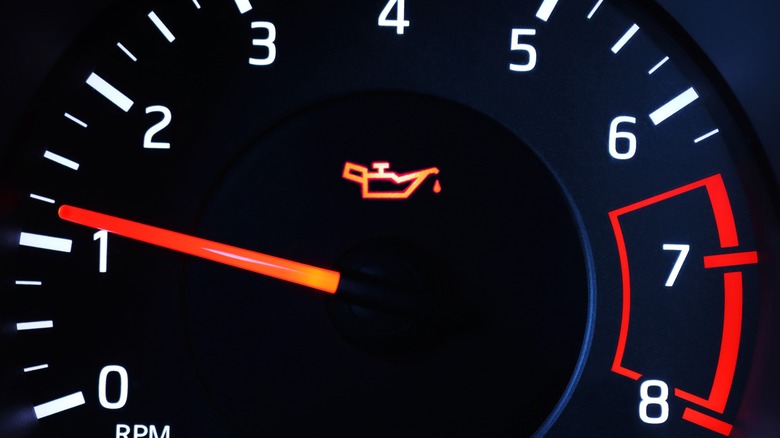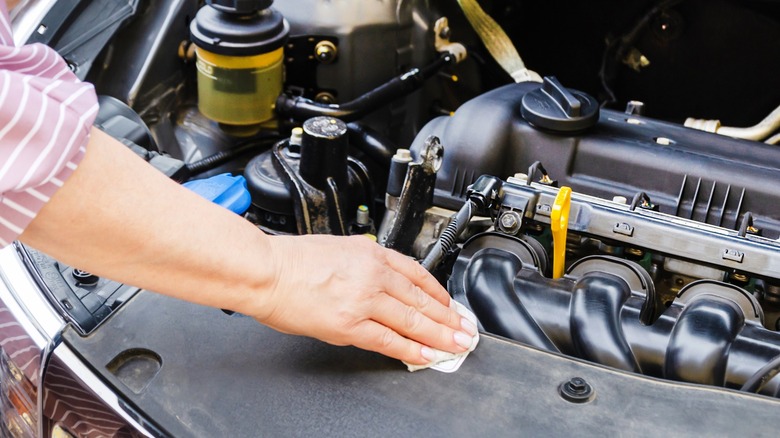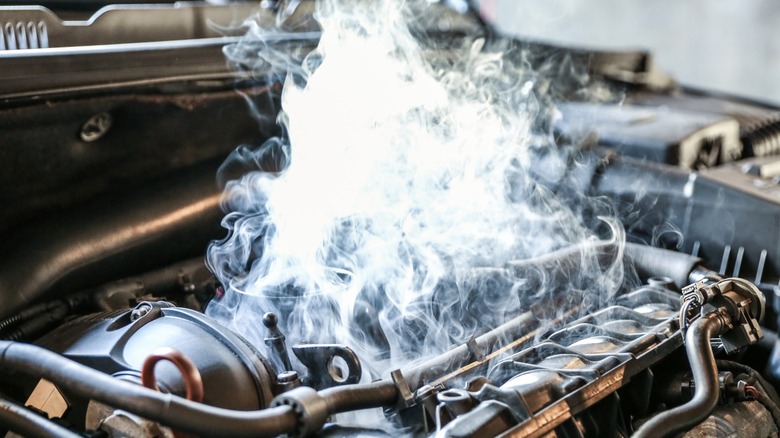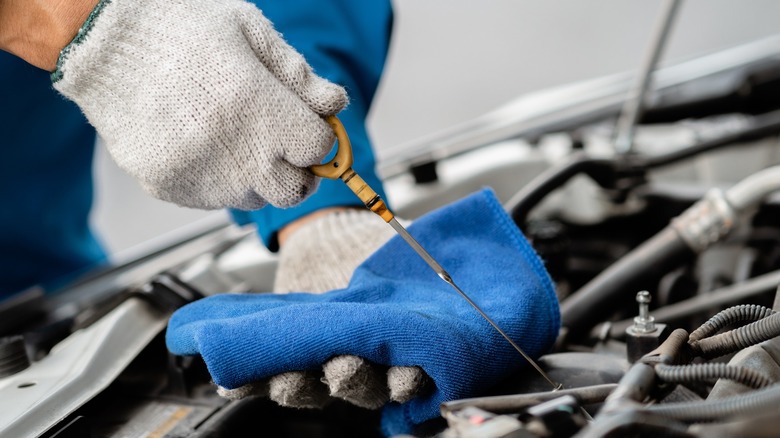7 Common Problems Cars With A Ford 1.0L EcoBoost Engine May Face
We ranked every Ford EcoBoost engine from worst to best, and the 1.0L EcoBoost engine was down there with the worst. If you ask several car owners, many of them will narrate their experiences of how this engine has failed them countless times. Even Ford has acknowledged that there are issues with its 1.0L EcoBoost engine, a matter many Ford EcoSports, Focus, and C-Max owners have experienced firsthand.
While some owners insist that you can manage these problems with consistent maintenance and timely part replacements and labor, this engine clearly does not have a reputation for reliability. However, the three-cylinder, turbocharged, direct-injection engine had initially generated some buzz because of its ability to save on gas mileage.
Does the 1.0L EcoBoost engine truly deliver on its promise of exceptional fuel economy? And how reliable is it? Let's explore the reality of owning and driving a car with a Ford 1.0L EcoBoost engine.
Broken belts, death rattle, and low oil pressure are symptoms of trouble
The 1.0L EcoBoost may be small, but it uses a direct injection system to squeeze out maximum power from its compact size. In addition to that, it also has a timing belt known as a "wet belt." Unlike most small engines that use timing chains, this one uses a belt that runs in an oil bath. This setup is supposed to cut down on wear and keep the engine running smoother for longer.
That said, there's a problem: That timing belt can often wear out way faster than you'd hope. That's because while the oil bath is meant to protect the belt, things like using contaminated oil or skipping regular maintenance can cause it to degrade and lose its teeth. When your timing belt starts to deteriorate, it can trigger an audible, annoying rattling noise.
Here's the thing: many people never realize when their engine's timing belt starts to wear out because it can keep working even when it's in rough shape. The only problem is that, over time, tiny pieces of the belt can break off and clog the oil pump strainer. When this happens, the oil flow to the engine gets restricted, which lowers the oil pressure. And If your oil pressure falls too low, your car goes into limp mode to stop the engine from getting damaged, and you'll see the low oil pressure warning light show up on your dashboard.
Carbon buildup can occur over time
Because of its direct injection technology, the Ford 1.0L EcoBoost engine is pretty good at conserving fuel. Unlike traditional port injection systems, where fuel is sprayed into the air intake — which cleans the valves in the process — the EcoBoost injects fuel directly into the combustion chamber. This precise method allows the engine to manage every drop of fuel effectively, reducing waste and boosting efficiency.
However, there's a big problem with direct injection systems. In direct injection systems, the intake valves miss out on this cleaning action, as they do not get "washed" by the fuel. Now, you might wonder why this matters. Well, residues from the engine's ventilation system, which recycles exhaust gases back into the engine for cleaner emissions, begin to coat the valve surfaces. These gases carry oil vapors that, over time, harden into stubborn carbon deposits.
These carbon deposits can really affect your engine's performance. They restrict airflow, making your engine work harder than it should. You might notice vibrations when starting the car or driving at low speeds. As these deposits worsen, they can also disrupt the precise timing of your valves' opening and closing, leading to misfires, uneven running, and rougher idling.
Leaking coolant, overheating engine, and head gasket failures have been reported
The head gasket is essentially the seal that holds everything together inside your engine. It is designed to handle intense heat and pressure, which are even more extreme in a turbocharged engine like the EcoBoost. Head gaskets are normally quite tough, but mechanics have noted that the one used in the 1.0L EcoBoost often has cracks. If the engine gets too hot too quickly — which can happen if there's something wrong in the cooling system — it puts extra strain on the head gasket, which can cause it to fail over time.
As for the cooling system, you may notice your cooling fan is louder than usual, or you're topping off your coolant more often than you'd expect (without any obvious leaks). Many Ford owners with this engine have reported dealing with these issues. A failing head gasket, combined with your car losing coolant without any obvious leaks, can cause your engine to overheat — and in extreme cases, it could even lead to a fire.
How to maintain Ford's 1.0L EcoBoost engine
Engine problems are a fairly common part of owning a car, but it is possible to prevent them with regular and timely maintenance. One of the easiest and most impactful ways to effectively maintain your engine is by changing your oil regularly. When you keep up with oil changes, it ensures the oil stays clean and lubricates your engine properly, which can help extend its life and prevent costly repairs down the road. For the EcoBoost, it's advisable to use high-quality synthetic oil. This type of oil is better at handling heat and helps reduce the buildup of carbon deposits.
It's also crucial you pay close attention to how your engine runs. Watch for any changes in performance, such as rough idling, a decline in performance, or unusual noises — these could be signs that something is wrong. If you notice any symptoms of potential problems, such as the cooling system struggling or the engine temperature gauge rising higher than usual, don't delay.
Get your vehicle checked by a professional to address small problems before they escalate. Also, by scheduling regular checks by a professional, you can catch any issues early and ensure that critical components like the timing belt and tensioner are still in good condition.




